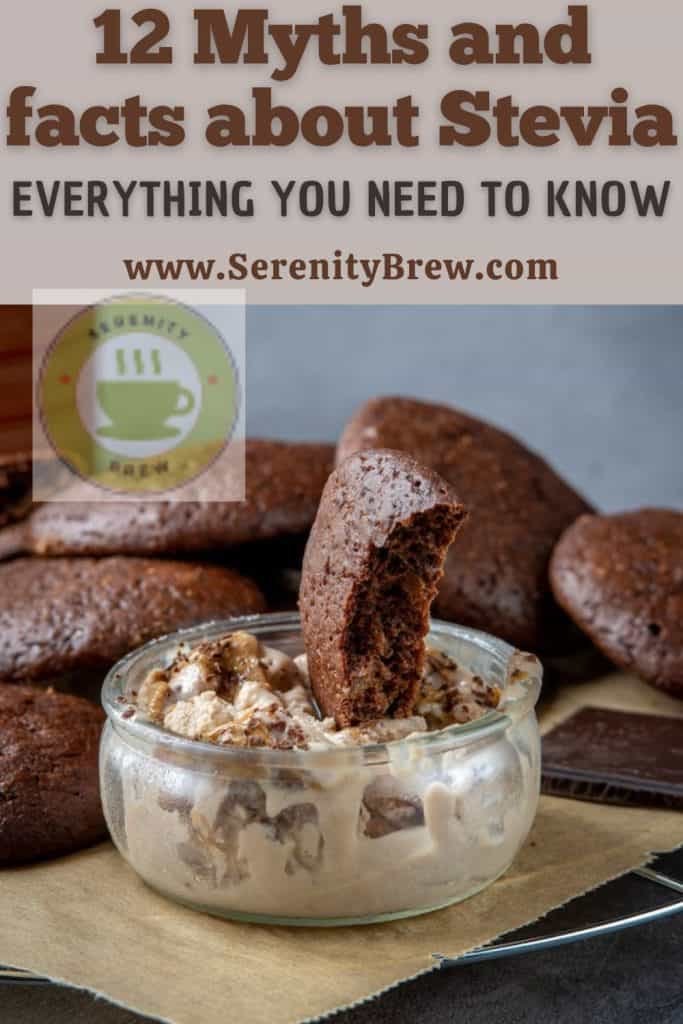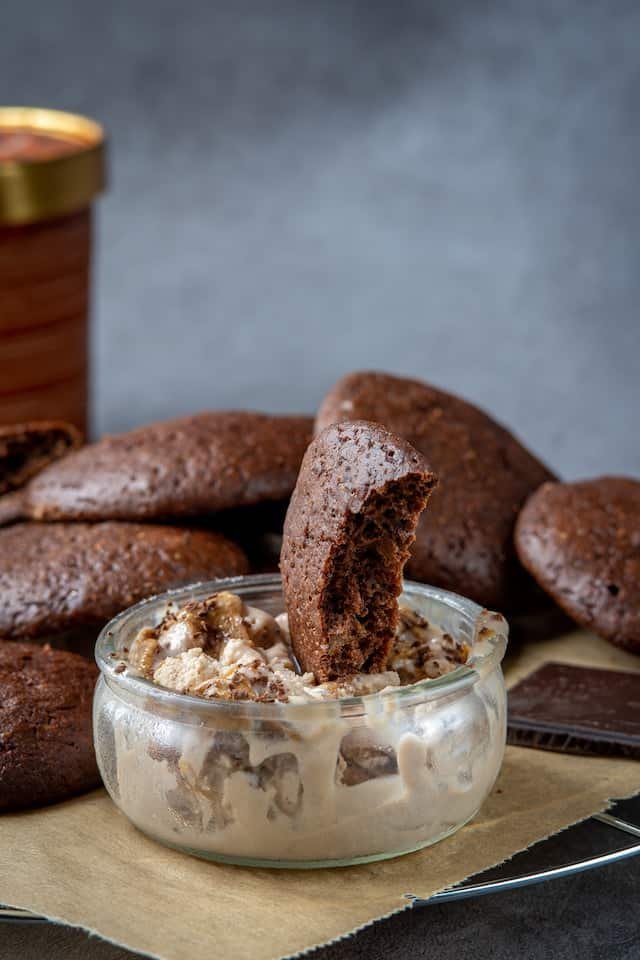
6 out of 10 adults in Chile are overweight. Could they avoid it by using a sweetener like Stevia? It is a fact: Chileans like to eat. And if it’s something sweet, better. Enjoying a delicacy, a sugary drink or a sweet in good company is one of life’s great pleasures. And yet, frequent excesses with sugar have a detrimental impact on health such as obesity and type 2 diabetes. But are the benefits of Stevia true? Is everything as natural as it seems? Let’s see…Stevia: these are the most frequent truths and lies.
1- Stevia is a plant produced in laboratories
Myth
This plant, called Stevia rebaudiana , was used by the Guarani indigenous people in Paraguay more than 1,500 years ago, who consumed it while passing through the most sophisticated “laboratory”: the tropical jungle. In fact, you can grow Stevia at home , with no other technology than a pot, soil, water, and sun.
2- Stevia is impractical for cooking because you have to use leaves:
Myth
Currently, Stevia is available in powder, capsules, in liquid form and of course in fresh and dry leaves, all very convenient forms of presentation for cooking or enjoying a drink. Use the purest raw materials, so varieties of tea with Stevia leaves directly in each bag, so you don’t always have to carry a sweetener.
Stevia leaves for you to add to your drinks or meals to your liking and pleasure.
3- Not all sweeteners labeled as “Stevia” are safe
TRUE
Although controls on food labeling in Chile have greatly improved in the last decade, it is still possible to find misleadingly labeled products in supermarkets. For example, some label “Stevia” in very large print and when you read the ingredients you discover that they have a minimal composition of this sweetener and the rest turn out to be sweeteners, sugars and preservatives (Dextrose, Fructose, Maltodextrin, citric acid, potassium sorbate , sodium benzoate, etc.)The best measure to combat this deceptive commercial practice is to read the ingredients carefully and not buy them unless they seem clear to you.
4- Stevia is good for diabetics
TRUE
Studies show that Stevia does not contribute calories or carbohydrates to the diet and did not affect blood glucose levels. Stevia consumption is important for people who want to lose weight, not only because it helps reduce calorie intake, but also because it reduces cravings and the need to be eating sweets. It has recently been discovered that Stevia activates a protein called TRPM5 that controls insulin levels in diabetics, so its beneficial effect is double.
5- Stevia can increase abdominal fat
Myth
Quite the contrary:
replacing sugar with a sweetener that is not absorbed in the intestine will obviously reduce calorie intake, which is ultimately what causes the increase in body fat. When all the sugar that we provide to our body in fruits, pastas, breads, drinks, etc., is not spent on intense physical exercise, it accumulates in the abdomen, which is the most dangerous excess weight for our cardiovascular system.
6- Stevia does not sweeten as well as sugar
Myth
The amounts of Stevia that you will use to sweeten your food or drinks are surprisingly small: Stevia is 100 to 300 times sweeter than sugar! So a drop or a pinch of Stevia powder is enough to achieve a sweeter and longer lasting taste on the palate.
7- Pregnant women cannot use Stevia
Myth
All the studies carried out to date show that Stevia does not have any side effects on the pregnant mother or the baby, so its use is completely safe during pregnancy. It does not pass into breast milk either, so it can be used perfectly during lactation.
8- Children can also use Stevia
TRUE
Stevia is totally safe during childhood. In fact, it is recommended in children to avoid cavities and prevent childhood obesity when there is a family history. Just ask your dentist—they’ll be happy to know that your kids are replacing sugar with this all-natural sweetener.
9- Stevia is not used to make desserts
Myth
Stevia is as versatile as sugar and dissolves even more easily in some liquids like cold milk. So you’re free to add it to anything, everything, at any temperature. From an ice cold drink to a piping hot muffin, everything can be enjoyed with this natural sweetener.
10-You can not make hard candy with Stevia
TRUE
Stevia does not crystallize so you will not be able to make solid caramel no matter how high you heat it. But you can make liquid caramel if you mix it with water. Don’t miss out on this delicious sugar-free caramel flan recipe.
11- Stevia is an approved sweetener in Chile
TRUE
High purity Stevia leaf extracts have been approved by health regulatory agencies around the world as completely safe to consume. This includes special populations such as pregnant and lactating women, children, and people with allergies or diabetes.
12- Stevia can cause allergies
Myth
In 2010, the European Committee on Food Safety (EFSA) reviewed the available literature on Stevia to determine if there was any cause for concern regarding the potential for allergic reaction. The conclusions of the work detail that “the components of Stevia are not reactive and are not metabolized to reactive compounds, therefore, it has not been possible to verify that they produce allergic reactions when consumed in food”.
Now that you know the whole truth about Stevia, what are you waiting for to start a healthy life?
One small step can change your life…

